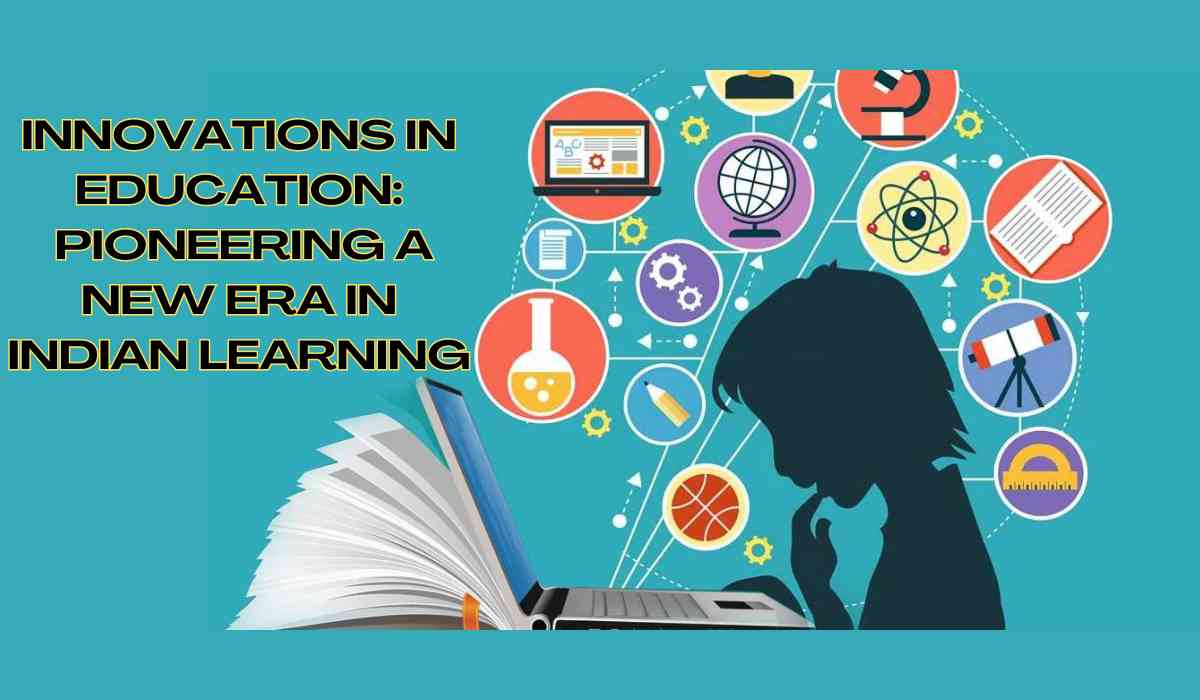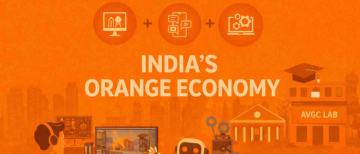In the midst of India’s educational landscape evolution, two prominent forces are reshaping the future of learning: the advent of innovative teaching methods in traditional education and the rise of Skill Universities that prioritize practical skills and industry alignment. Both paradigms, though distinct, converge to sculpt a transformative trajectory for Indian education, navigating the realms of employability, technology, and holistic skill development.
Tradition meets Digital Revolution:
The education sector in India is undergoing a seismic shift propelled by digital innovation. Traditional classrooms are evolving into dynamic hubs of learning, embracing technology to foster engagement and access to vast knowledge repositories.
1. Blending Tradition with Technology:
The metamorphosis of Indian education embraces technology as a cornerstone. Traditional rote learning is yielding ground to digital education. High-speed internet and accessible devices empower students with an expansive pool of knowledge. Smart classrooms, equipped with audio-visual aids, foster engagement through online platforms.
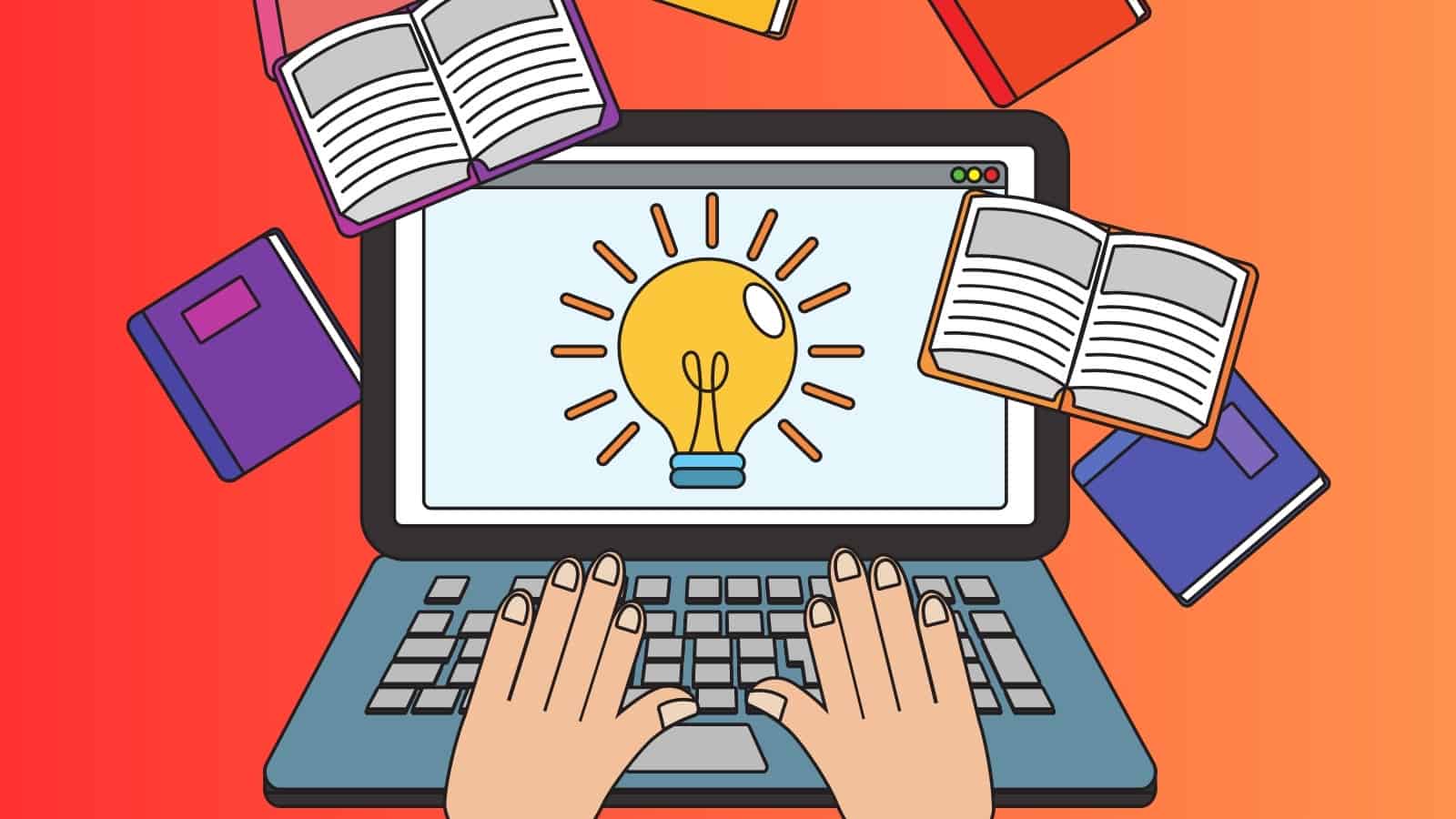
2. Personalized Learning through AI:
Artificial Intelligence (AI) plays a pivotal role in tailoring education. Platforms fueled by AI analyze learning patterns, adapting content to cater to individual needs. This shift from a one-size-fits-all approach not only enhances comprehension but also promotes inclusivity.

Empowering Teachers: The Heart of Educational Innovation
1. Professional Development through Online Courses
Recognizing the pivotal role of educators, the revolution focuses on their continuous development. Online courses and workshops arm teachers with the latest teaching techniques, ensuring the delivery of quality education.

2. Digital Tools for Enhanced Teaching
Digital tools empower teachers to craft interactive lessons. Multimedia integration and real-world examples enrich the learning experience, making education more engaging and memorable.
Bridging the Urban-Rural Divide:
In a heterogeneous country like India, ensuring equitable access to quality education is a formidable challenge. The ongoing educational revolution addresses this imbalance through e-learning initiatives. Supported by government initiatives and private organizations, students in remote areas now have access to digital educational resources.
The Role of EdTech Startups:
EdTech startups have emerged as pivotal agents of change within the Indian education sector. Their innovative solutions, ranging from interactive apps to virtual classrooms, are reshaping the educational landscape, setting new benchmarks for its delivery and accessibility.
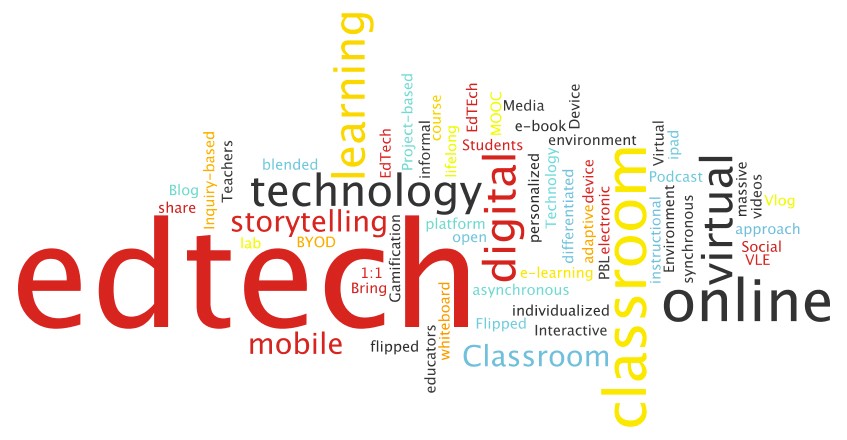
Preparing for the Future:
1. Fostering Critical Thinking
A cornerstone of the 21st-century educational revolution in India is the cultivation of critical thinking and problem-solving skills. Project-based learning, discussions, and collaborative activities empower students to transcend the confines of textbooks.
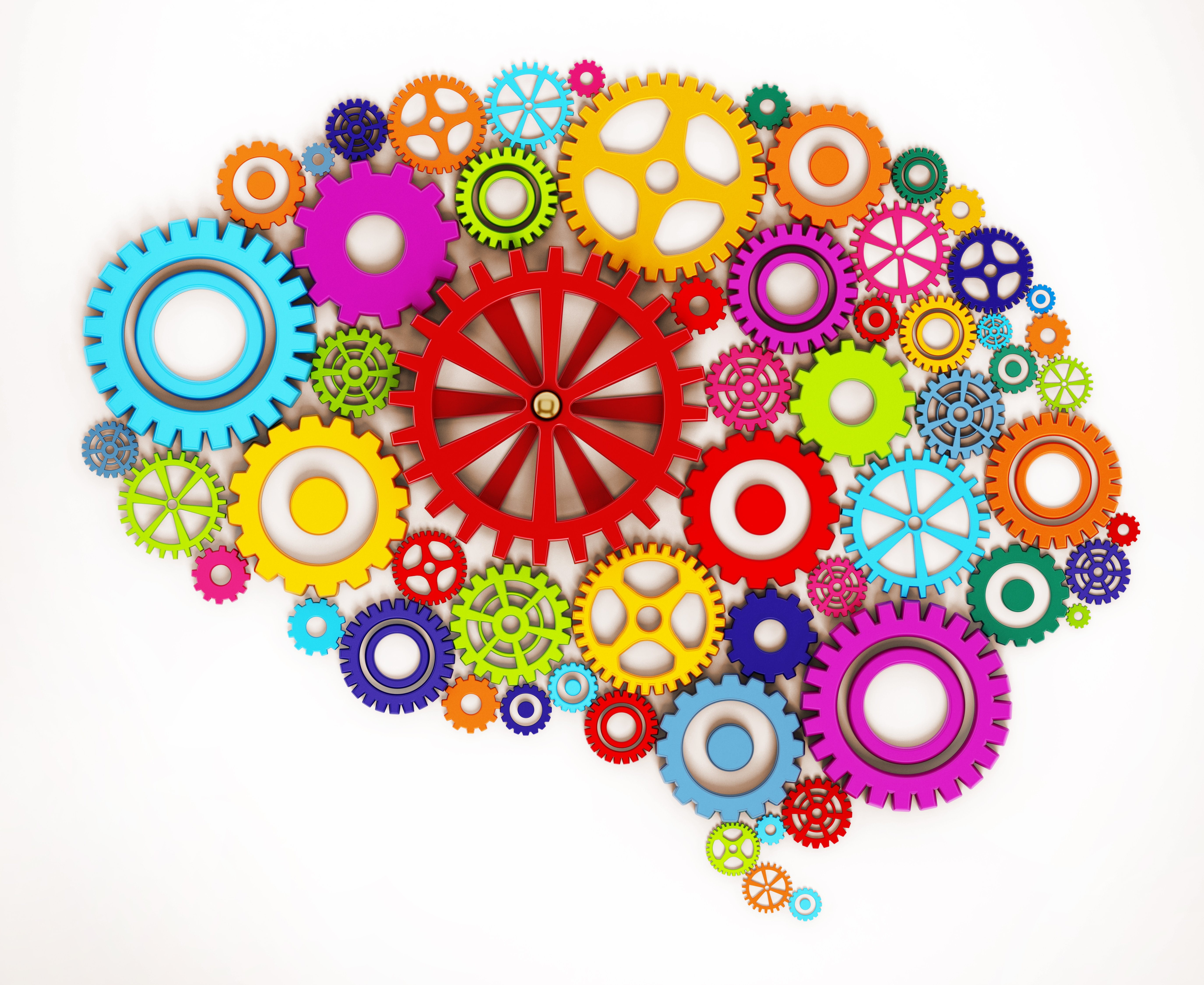
2. Promoting Global Citizenship
The modern Indian education system is dedicated to instilling global perspectives. Exposure to diverse cultures, languages, and global issues fosters a sense of global citizenship among students, preparing them for a future reliant on international collaboration and understanding.
The Emergence of Skill Universities:
Skill Universities mark a departure from the conventional educational framework, purposefully tailored institutions dedicated to championing practical skills, industry relevance, and seamless job integration. Their fundamental focus revolves around arming students with not just theoretical knowledge but with the hands-on skills imperative for thriving in today's workforce. Unlike traditional universities, skilled universities are staunchly committed to delivering education intricately woven into the fabric of industry demands and expectations.
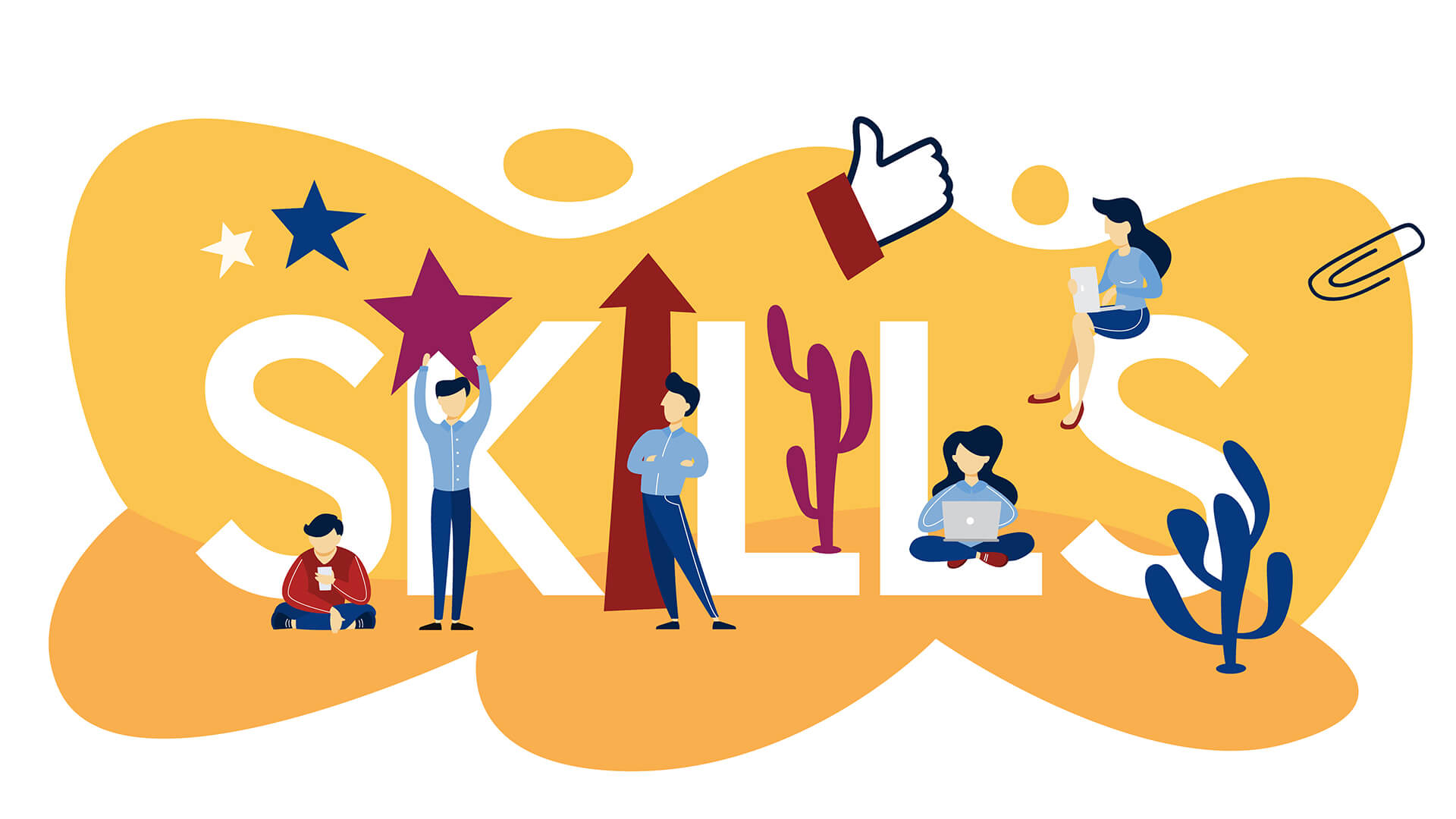
Skill Universities epitomize a paradigm shift, prioritizing skills, practical knowledge, and employability. They herald a promising epoch where education harmonizes with industry, nurturing not just job seekers but career trailblazers. As these institutions evolve, they hold the potential to metamorphose India into a hub for a skilled and adaptable workforce, steering the nation towards global eminence.
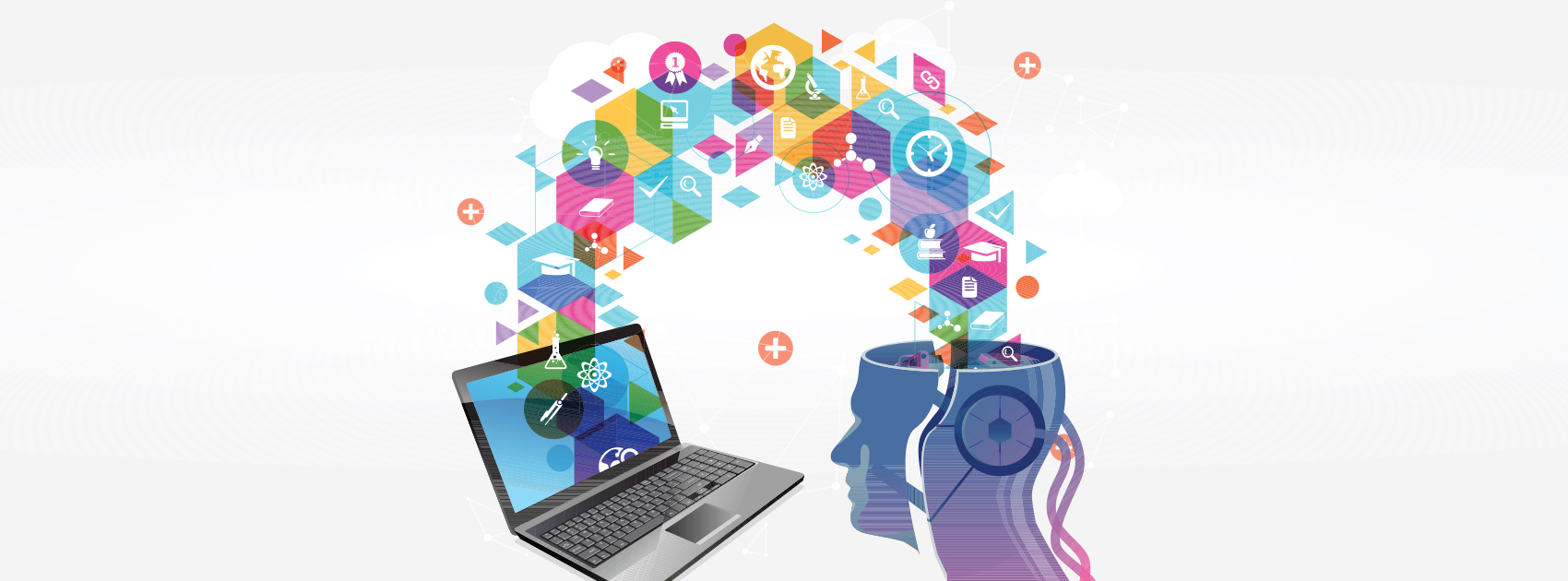
Challenges and Prospects:
While Skill Universities brim with potential, they encounter formidable challenges. Sustaining industry relevance, upholding educational quality, and scaling impact to reach a broader spectrum pose significant hurdles. However, with strategic partnerships, governmental backing, and an unwavering commitment to continual enhancement, Skill Universities can unlock an array of opportunities for India's burgeoning youth.
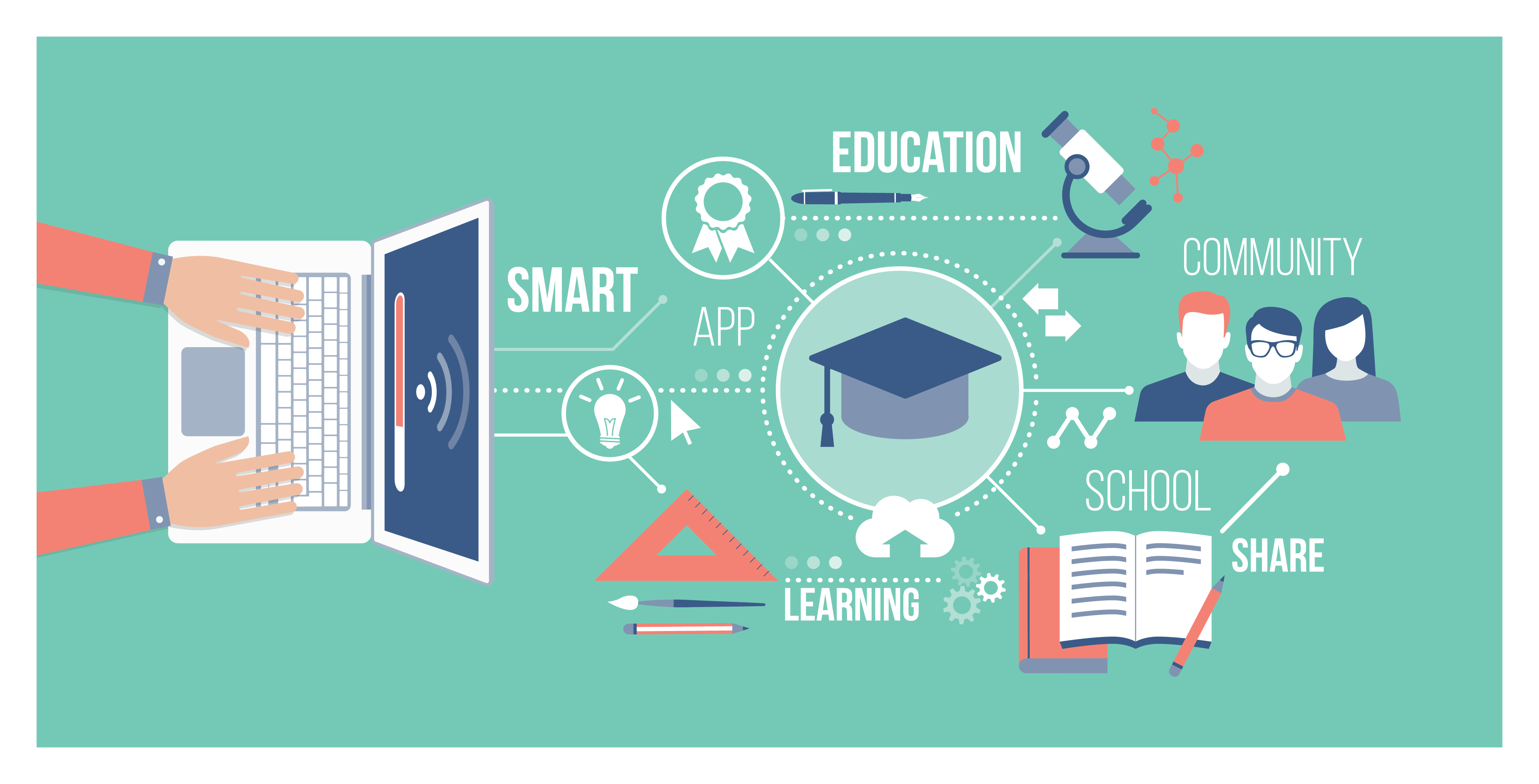
The metamorphosis in Indian education, steered by the 21st-century ethos, embodies a profound transformation. Embracing digital technology, empowering educators, and bridging divides, these changes render education in India more accessible and pertinent.
With EdTech at the forefront, the future of Indian education appears resplendent. A focus on critical thinking and global outlook equips students for the challenges of our era. Innovations in Indian education not only parallel global standards but also set new benchmarks.
In essence, the educational revolution in 21st-century India underscores the nation's unwavering dedication to delivering quality education to its diverse populace. Through a fusion of tradition, technology, personalized learning, and future-centric approaches, Indian education charts a course towards excellence.
© Copyright 2023. All Rights Reserved Powered by Vygr Media.

